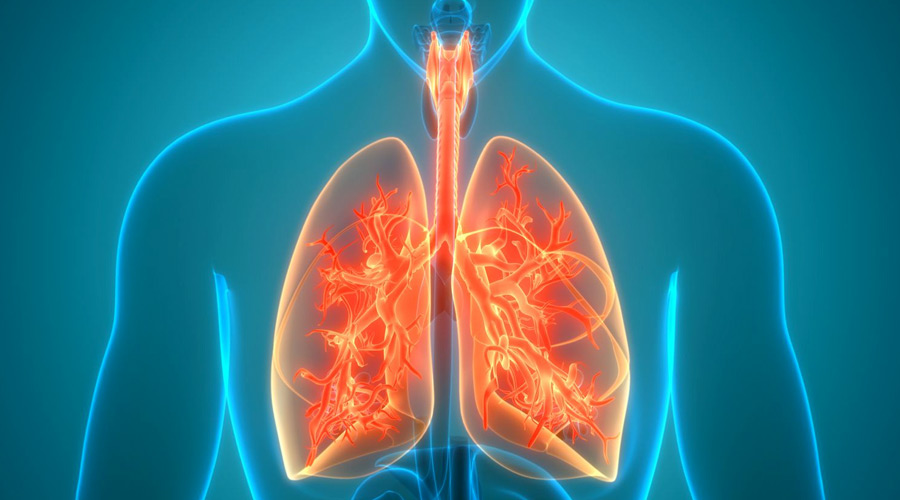
All Respiratory Diseases

All Respiratory Diseases
Respiratory diseases encompass a wide range of conditions that affect the lungs and the respiratory system. Here's a brief overview of some common respiratory diseases:
-
Tuberculosis (TB): TB is a bacterial infection caused by Mycobacterium tuberculosis. It primarily affects the lungs but can also affect other parts of the body. Symptoms include coughing, chest pain, fatigue, and weight loss. TB is contagious and can be spread through the air.
-
Asthma: Asthma is a chronic respiratory condition characterized by inflammation and narrowing of the airways. Common symptoms include wheezing, shortness of breath, coughing, and chest tightness. Asthma can be triggered by various factors, including allergens, respiratory infections, and exercise.
-
Chronic Obstructive Pulmonary Disease (COPD): COPD is a progressive lung disease that includes conditions like chronic bronchitis and emphysema. It is often caused by long-term exposure to harmful substances, such as cigarette smoke. Symptoms include chronic cough, increased mucus production, shortness of breath, and reduced lung function.
-
Chronic Cough: Chronic cough is a symptom rather than a specific disease. It can be caused by various underlying conditions, including asthma, GERD (gastroesophageal reflux disease), or chronic bronchitis. Treatment depends on the underlying cause.
-
Allergies: Allergic reactions can affect the respiratory system and cause symptoms like sneezing, runny nose, nasal congestion, and wheezing. Allergies can be triggered by pollen, dust mites, animal dander, and other allergens.
-
Interstitial Lung Disease (ILD): ILD is a group of disorders that affect the interstitium, which is the tissue that surrounds and supports the air sacs in the lungs. These diseases can lead to scarring (fibrosis) of the lung tissue, causing symptoms like shortness of breath, dry cough, and reduced lung function. Examples of ILDs include idiopathic pulmonary fibrosis (IPF) and sarcoidosis.
It's important to note that accurate diagnosis and appropriate treatment are essential for managing respiratory diseases. If you or someone you know is experiencing respiratory symptoms, it's crucial to seek medical attention for a proper evaluation and personalized treatment plan. Additionally, many respiratory diseases can be prevented or managed with lifestyle changes, such as quitting smoking, avoiding allergens, and maintaining good overall health.